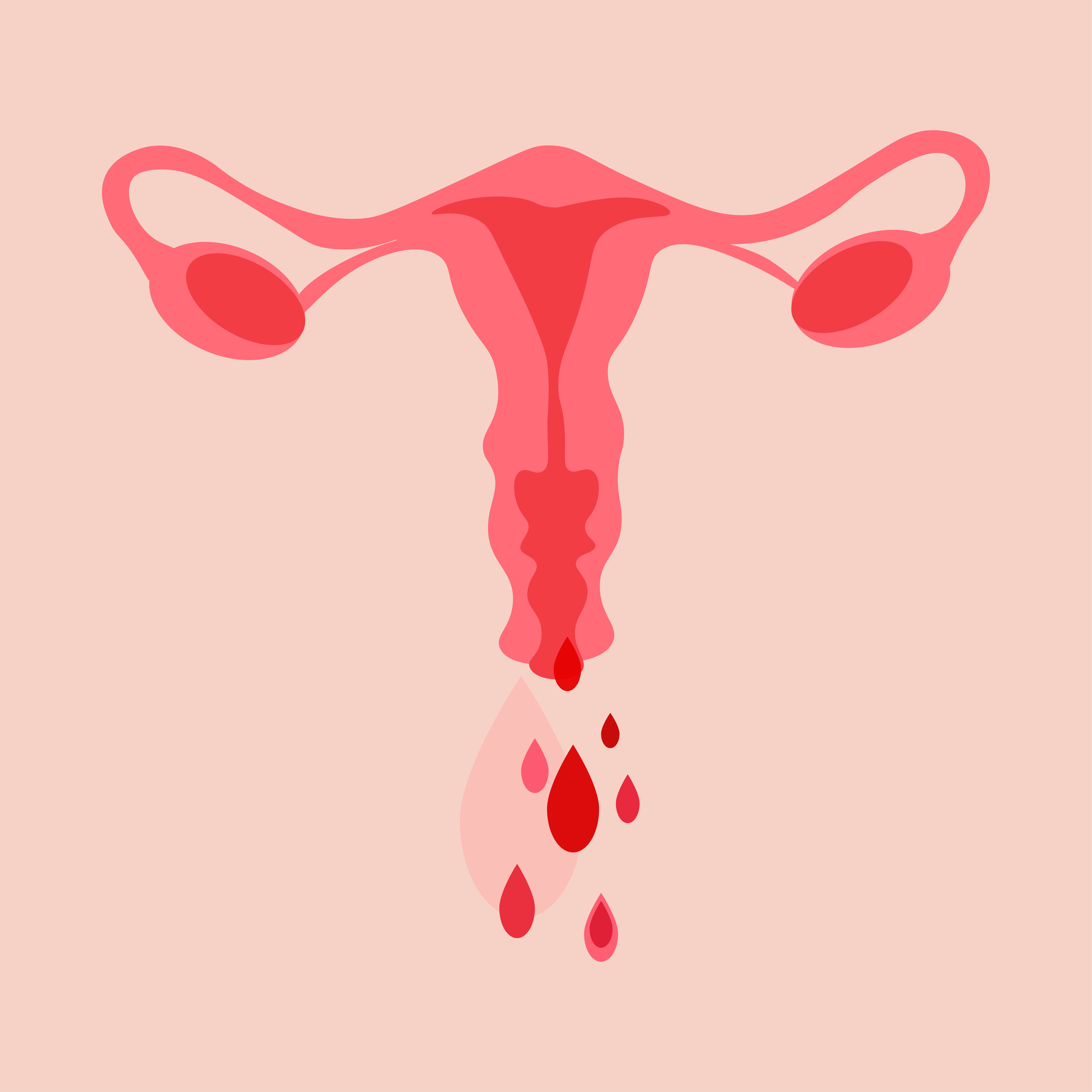What is Menorrhagia?
Menorrhagia means heavy or long-lasting menstrual bleeding. Many women experience this at some point. However, if your periods are so heavy that you need to change pads or tampons every hour, you may have menorrhagia. This condition can affect daily life. For example, it may cause tiredness or limit your activities. According to the CDC, menorrhagia is one of the most common gynecological problems.
Common Symptoms of Menorrhagia
Menorrhagia symptoms can vary. Still, some signs are more common than others. If you notice any of the following, you may have heavy menstrual bleeding:
Sometimes, you may also feel pain or cramps. But heavy bleeding is the main sign.
Causes and Risk Factors
Many things can cause menorrhagia. Sometimes, the cause is unknown. However, common causes include:
In addition, some women are at higher risk. For example, teenagers and women nearing menopause may have more hormone changes. This can increase the chance of heavy periods.
How Menorrhagia is Diagnosed
If you think you have menorrhagia, see your doctor. First, your doctor will ask about your symptoms and medical history. Next, they may do a physical exam. To find the cause, your doctor might order tests, such as:
Sometimes, more tests are needed. But these steps help your doctor find the best treatment for you.
Treatment Options for Menorrhagia
There are many menorrhagia treatment options. The best choice depends on your age, health, and plans for pregnancy. Your doctor may suggest:
Often, treatment starts with the least invasive option. However, your doctor will explain the risks and benefits of each choice.
Lifestyle Tips and Prevention
While you may not always prevent menorrhagia, some lifestyle tips can help manage symptoms:
In some cases, treating underlying health problems can reduce heavy bleeding. For example, managing thyroid issues may help.
When to See a Doctor
It is important to know when to seek medical help. See your doctor if you:
Early diagnosis and treatment can prevent complications. For example, treating anemia early can help you feel better faster.
In summary, menorrhagia can affect your health and daily life. But with the right care, you can manage your symptoms. Consult a healthcare specialist for personalized advice on managing menorrhagia.

